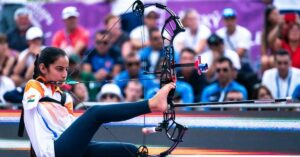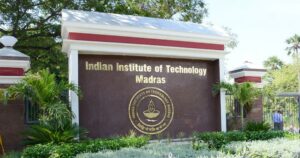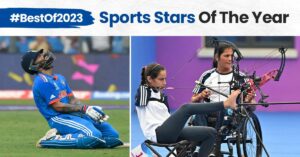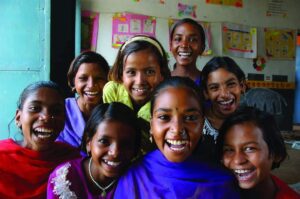‘It’s a Living Thing’: Sharda Ugra On How Indian Sports Wins Wars Despite Losing Battles
Even without a formalised sports culture and without proper equipment and forums, Indian athletes persevere to compete for gold. What is it that keep Indian sports ticking?
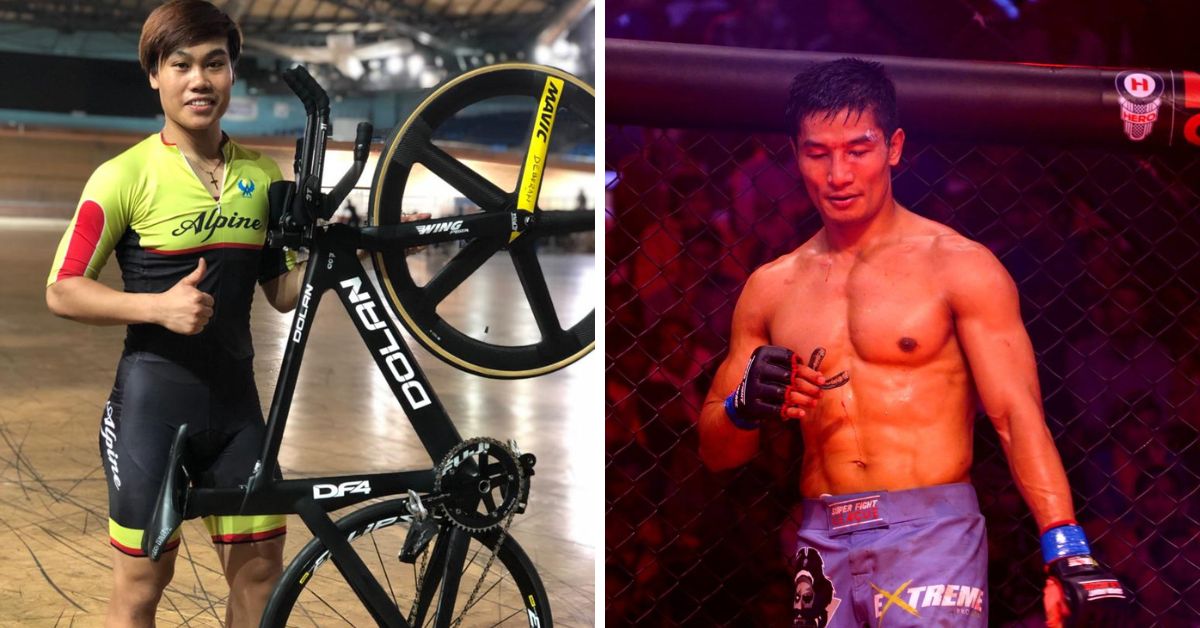
#MakingSportWork: Celebrate National Sports Day with stories of heroes who have spent years working to improve lives around them through sports. Read more from this exclusive series by The Better India and Sports and Society Accelerator here.
“We know why you are taking down our names,” says one of the three, grinning young women standing in front of me. The names I have in the notebook are Retika Ekka from Diglipur and Reetika Biswas and Nikita Sarkar from Kadamtala.
I ask the girls, “You know? Okay, tell me.”
“Because when we do well at the National Games, you’ll be able to recognise our names.”
Like it always does, the recognition hits you square between the eyes. It’s like being given infrared goggles to see the engine – its outline, its shape, its unshakeable weight – of what keeps Indian sports ticking.
The ‘National Games’, the woman is talking about, are to be held in Gujarat from September 27 to March 10.
There are other teenagers around us at the Netaji Stadium, some jogging past on a muggy afternoon in Port Blair. Others listening to their coaches’ spiel rocking back and forth on their heels. Port Blair’s SAI centre and hostel housed in Netaji has just re-opened after a two-year COVID shut-down. The trainees have returned and their place is buzzing even under a grim, grey sky.
The athletes around the Netaji Stadium are kayakers and canoeists, whose national association secretary-general’s office is in a basement in Lajpat Nagar. The most recent mention of anything on the Indian Kayaking & Canoeing Association website is from March 2022. Port Blair coaches and athletes alike believe that in Gujarat, the Islanders will beat the pants off every mainland landlubber. Will top the watersports medals. It’s what they do.
This confidence is bubbling on the basis of what, I don’t know. But if every time you asked the question ‘on the basis of what’, the tens of thousands involved in Indian sport, elite and grassroots would laugh in your face.
A few days before going to Netaji Stadium, I met international cyclist Deborah Herold at her home in Port Blair’s Nayagaon. She is a former World No. 4 in the women’s 500m time trial event, the first Indian woman to win major international cycling medals anywhere. She shares her story about being in camp, mistreated by coaches, slapped on one occasion and then kicked out of the national camp in 2018 with no explanations. Did anyone apologise later? No. Cyclists are Andaman and Nicobar’s most famous athletes and she says, they are often bullied by local coaches who ask athletes to pay them a share of their post-medal awards. It is enough to make you sick.
On the other side of a display cabinet full of medals and trophies from where we’re sitting is Deborah’s room. It has seven cycles against one wall and her cycling gear and helmets hanging on a clothes rail, plus a pink fluffy handbag. When we meet, she is getting ready to head to Hyderabad to train for the National Track cycling event coming up in Delhi in November. She wants to fight her way back into the national camp. There is no question of giving up, she says. There’s been turmoil in Indian cycling following the sacking of her old coach due to allegations of sexual harassment by another cyclist, so maybe things have changed. Deborah shrugs. It’s not relevant. Champions don’t bother with the ‘on the basis of what’ question.
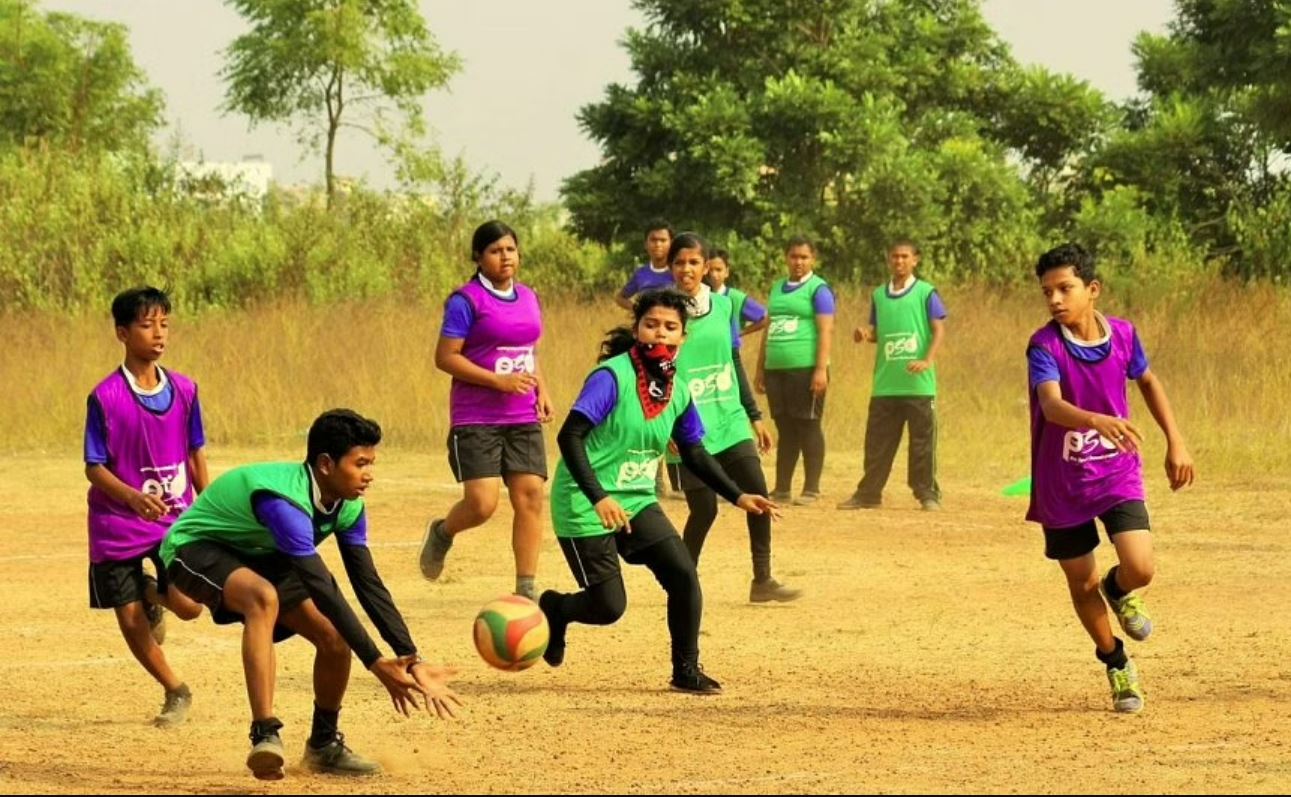
A short stroll (like 25 steps) from where the canoeists and kayakers were doing their warm-ups, was Port Blair’s most important football field. The monsoon had turned it into a slushy mudflat full of groups of girls and boys running, kicking, sliding, shrieking. “Those are the athletics people – all mad,” eye-rolling footballers say. Albinus belongs to the newly-formed United Brothers FC and tells me about a 22-team Gateway Cup which has just ended and suggested I speak to the sturdy fellows standing around.
They’re the players from NicoMadrid FC (like Real, but with Nico for their Nicobarese antecedents), mostly students who take part in football events in the region and in the Gateway Cup they were knocked out by the eventual champs United Sporting Club. NicoMadrid’s entrance fees to events are paid by a man called Akib Zaved, who is known to support local football. A local businessman, I imagine.
As journalists must, I ask the Nico Madrid boys about whether there’s informal betting around their games. The response is dropped jaws and dirty looks at my dirty mind. Akib turns out to be a government employee, a wireless operator from the Indian Reserve Battalion, a former cricketer and football player, who just did what he did, well, just because. “Our contribution… something, whatever it is, is important for our sport,” he says. We are on an island 1500 km east of Chennai, the closest mainland Indian city to Port Blair which will take 60 hours by boat but sport has made that distance immaterial. What’s crap about Indian sport is still crap here, but what’s shining is just as luminous.
Akib says I should go watch the Sevens and Nines football events that happen ‘paanipaar’ (across the bay) in the villages of Ferrarganj and the Bamboo Flat panchayats all year round. He played better cricket but engineering studies in Kottayam got him hooked on football. And led him to support NicoMadrid FC.
At Deborah’s house, I meet one of the uncles on the mother’s side. He answers to the dazzling name of Great Heart Nicobari, who on retirement is returning to his island home and promises he will find more cycling talent.
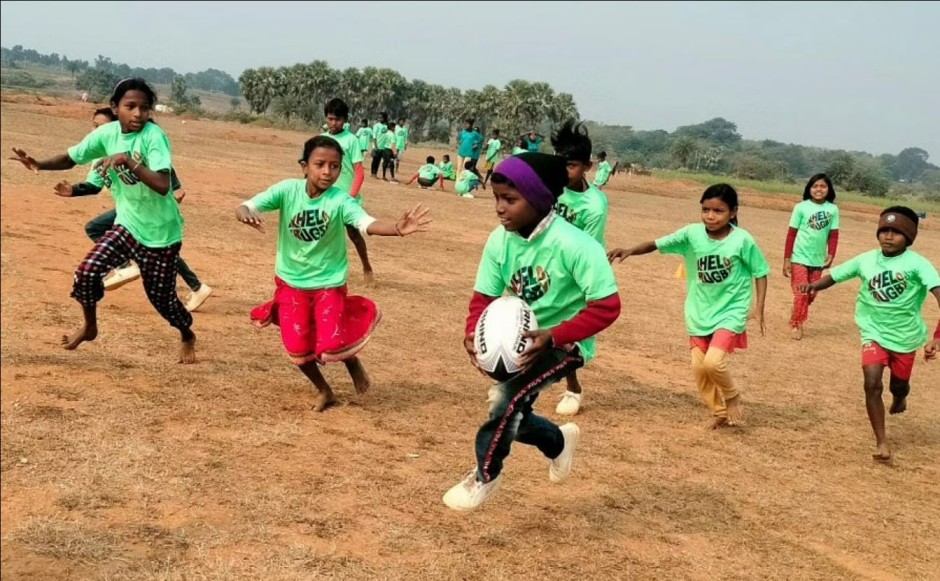
One of my hobbies while travelling across our vast, beautiful, baffling and infuriating country is to look for the sport. Not playfields or organisation and infrastructure, just the sight of play and I see it everywhere. Mostly boys, but yes, I know there are girls somewhere outside of sight, unlocking their physical selves. Many years ago, two young women part of the earliest batch of Khabhar Lahariya reporters told me about playing cricket on an abandoned airstrip somewhere in Banda, Bundelkhand. And then being driven away when the boys turned up. I never forgot the story.
Every Indian community finds its sporting corner. A Bengaluru friend, Asad, calls himself the table tennis champion of Michael Palya. That may be a seniors-only competition but he is not saying it. Nine pay-and-play badminton courts have been set up behind his house for Rs300-400 an hour. Not cheap but when shared by four players? My journo buddy Elora Sen tells me about an annual multi-sports event – swimming athletics football cricket table tennis and badminton – that takes place in the catchment areas of Narendra, Sonarpur and Rajpur, in southern parts of suburban Kolkata.
India’s first major MMA title winner is a former Jet Airlines flight attendant called Kario Isaac Maheo. The last time we spoke, he was setting up an MMA training school in his hometown of Senapati in Manipur. I want to visit Kolhapur during its wrestling season and watch bouts at the 60,000-seater Khasbaug Kusti Maidan inspired by Rome’s Colosseum. GoogleMaps tells me there’s a kabaddi academy a five-minute walk from my house and I’m ashamed I’ve not visited. Four Facebook friends in Guwahati, desperate to have their own football club to support rather than BFC or Barcelona, set up Guwahati City Football Club and send me regular WhatsApp messages about its progress. Gujarat’s summertime night cricket needs its own socio-cultural-political Netflix documentary.
We kept getting told India is not a sporting nation and we don’t have a sporting culture and we don’t win medals. Now, after three decades as a sports journalist, I often wonder whether by connecting those truths, we don’t quite see what else is playing out in front of our eyes.
Yes, let’s accept we don’t have the formalised sports culture like in the Western world. Of ‘sport on Saturday’ with clubs and grounds and venues and seasonal calendars. Our national sports federations and their political godfathers don’t push their state bodies to create busy, sustainable pathways of a competition calendar so that a national mainstream can be fed onto a higher level of events. Yes, we don’t win Olympic medals like other er… medal-winning countries. Yes, our harried parents are forever trying to send kids to tuition and make them engineers and doctors. Yes, our sport is more about livelihood than leisure.
But the beauty of it is that no matter what and despite it all, Indian sports is a living, breathing, humming thing made of thousands and thousands of committed people who go about kicking ‘on the basis of what’ in the teeth every single day. If you found our stories insightful, informative, or even just enjoyable, we invite you to consider making a voluntary payment to support the work we do at The Better India. Your contribution helps us continue producing quality content that educates, inspires, and drives positive change. Choose one of the payment options below for your contribution- By paying for the stories you value, you directly contribute to sustaining our efforts focused on making a difference in the world. Together, let’s ensure that impactful stories continue to be told and shared, enriching lives and communities alike. Thank you for your support. Here are some frequently asked questions you might find helpful to know why you are contributing?

About the author: Sharda Ugra spent three decades reporting sport as required by tabloid, broadsheet, newsmagazine and website but now lives in Bangalore and writes to suit herself.
Edited by Yoshita Rao
This story made me
-
97
-
121
-
89
-
167




